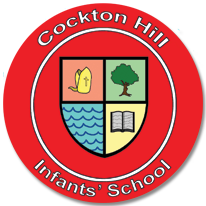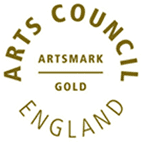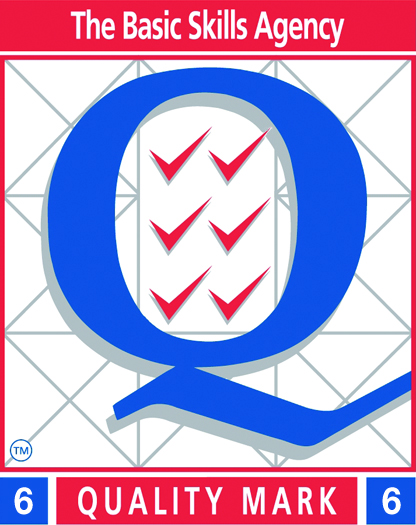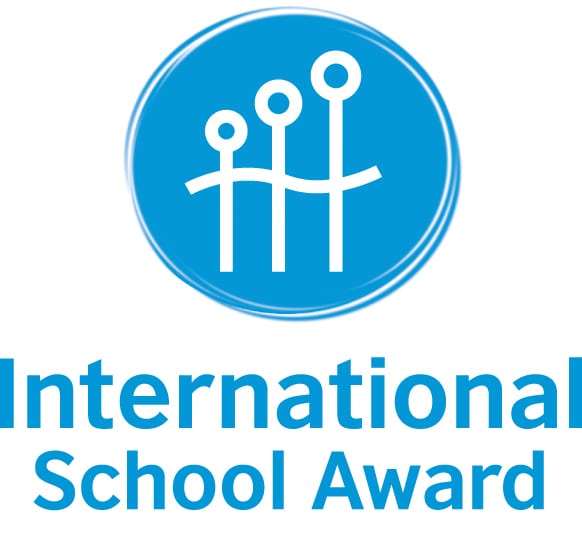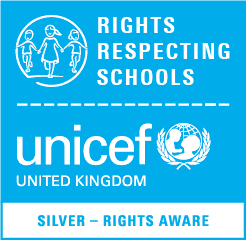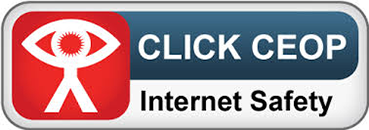As pupils progress through our school we aim to help them develop their thinking skills. Thinking skills help children to solve problems, organise thinking, and think more deeply about a variety of issues. The strategies we help children to develop also encourage independent thinking, confidence and self-awareness.
Here we give an overview of the strategies we aim to develop.
Thinking Hats
The thinking hats strategy is based on the research of Edward De Bono. The strategy involves utilsing a hat to encourage thinking about an issue with a specific focus. There are six thinking hats in total with each hat offering a different focus…
- Blue Hat – Planning and organising ideas.
- Red Hat – Emotions and how you feel.
- White Hat – Facts and the information.
- Yellow Hat – Positives in relation to the issue being considered.
- Black Hat – Negatives in relation to the issue being considered.
- Green Hat – New ideas and creative thinking.
More information regarding thinking hats can be found at the following links.
http://www.edwarddebonofoundation.com/Creative-Thinking-Techniques/Six-Thinking-Hats.html
Growth Mindset
Growth mindset is based on the work on Carol Dweck. This way of thinking encourages resilience and encourages children to embrace challenge. Through promoting a growth mindset we encourage our pupils to realise that through hard work they can achieve anything and that intelligence isn’t static. If they can’t achieve a task now, they may be able to in the future through hard work. Research has shown that children and adults with a growth mindset are generally more successful than those with a fixed mindset.
We encourage a growth mindset in a variety of ways including:
- Providing praise for effort rather than ability
- Using the power of “yet”
- Learning about the brain and its various functions
- Setting goals for learning
- Reflecting on learning
- Problem solving and team activities
More information regarding Growth mindset can be found at the following links:
https://www.mindsetworks.com/science/
https://www.youtube.com/watch?v=_X0mgOOSpLU
Emotional Intelligence
Emotional intelligence (EI) refers to the ability to perceive, control, and evaluate emotions. The theory is based on the work of a number of researchers including Daniel Goleman and Howard Gardner. Through encouraging children to recognise and interpret the emotions of themselves and others, we help them to prioritise what they pay attention to and remove barriers to learning. Developing emotional intelligence also imroves social skills and empathy towards others. We encourage emotional intelligence in a number of ways including:
- Recognising emotions and associated feelings
- Strategies for calming down such as “relax kids”
- Social stories and roleplay
- Lego Therapy
- Restorative approaches to conflict
Three Story Intellect
Three Story Intellect was developed by Art Costa as a simplification of Bloom’s Taxonomy. Costa believed that there are three levels of thinking: gather, process and apply.
Gather – On this level, the teacher aims to draw out concerts, feelings or experiences that they already have. The pupil may gather data ready to process at the next higher level.
Process – During this stage the pupil may process the data gathered and retrieve from the long and short-term memory. The teacher will attempt to get pupils to synthesize, analysis, summerize, compare, contrast or classify the information that they have acquired.
Apply – During this stage pupils will use the information in a novel situation. They will apply what they already know. This stage involves creative thinking, imagination and judgement.
How is it used in school?
In school teachers use the concept of the three story intellect to plan lessons to encourage children to become involved in higher order thinking. This involves the careful planning of questioning during a session or specific activities that encourage such thinking. This directly relates to the other thinking strategies as teachers may utilise these to form the basis of such thinking. Many lessons will move through all three stage of thinking.
